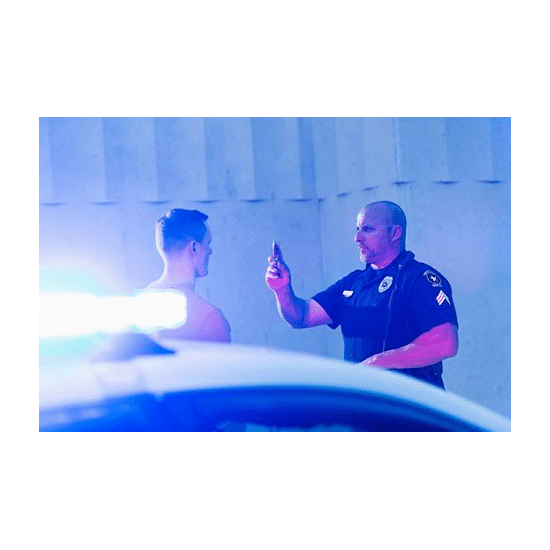Birchfield v. North Dakota
Bernard v. North Dakota
Beylund v. North Dakota
Summary: During a DUI stop, the Fourth Amendment allows police officers to administer a warrantless breath test as a search incident to arrest, but does not allow for warrantless blood tests as a search incident to arrest. As such, because a warrantless blood draw as a search incident to arrest is prohibited by the Fourth Amendment, the State cannot criminalize the refusal to submit to warrantless blood draws as search incident to arrest under implied consent laws.
Background
Every state has some form of “implied consent” law to help law enforcement investigate whether a driver is driving drunk. An “implied consent” requires a driver to submit to blood-alcohol content (BAC) testing. If you refuse, you could be subject to administrative penalties. In Alabama, you could have your license suspended or be forced to install an Interlock device that tests your breath for alcohol when you start your car.
North Dakota’s implied consent law took things a step further: if you refused to submit to breath or blood testing, you could be prosecuted criminally. At the heart of these DUI cases are three questions: (1) Can police force you to submit to a warrantless breath test as a search incident to a DUI arrest? (2) Can police force you to submit to a warrantless blood draw as a search incident to a DUI arrest? (3) Can a state criminalize the refusal of either under its implied consent law?
Birchfield was convicted after refusing to submit to a warrantless blood test. Birchfield argued that the warrantless search violated the Fourth Amendment and that the Fourth Amendment prohibited criminalizing his refusal. Bernard was prosecuted for refusing to submit to a warrantless breath test and appealed the constitutionality of the search and criminal prosecution for refusing the breath test. Beylund consented to the blood draw after police told him he had to submit. Beylund appealed the voluntariness of his consent to the draw and the ND Supreme Court affirmed.
REVERSED
The Fourth Amendment allows police officers to conduct warrantless searches as incident to a lawful arrest. In the context of a DUI, the Court concluded that law enforcement may order you to submit to a breath test to check BAC as a lawful warrantless search incident to arrest. In the Court’s view, a breath test does not “implicate significant privacy concerns;” however, a blood test does implicate “significant privacy concerns” as it is obviously more intrusive to a suspect’s body. Because of the greater privacy concern and because breath testing is a less-intrusive alternative to check BAC, police cannot conduct a warrantless blood draw as a search incident to arrest. The Court left open the possibility that other warrant exceptions could apply.
The Court then applied this holding to the three cases at hand. For Birchfield, the Court said a warrantless draw of Birchfield’s blood would be unconstitutional, so he could not be prosecuted for refusing an unconstitutional search. For Bernard, the Court concluded that the police did not have to get a warrant to force him to submit to a breath test, so the warrantless search was proper under the Fourth Amendment, and thus, his prosecution was constitutional. For Beylund, the Court remanded the case back to the ND SC to determine whether his consent to the blood draw was voluntary given the inaccuracy of the police officer’s instruction.
OTHER OPINIONS
Justices Sotomayor and Ginsburg would have held that the Fourth Amendment prohibits both breath tests and blood draws as searches incident to lawful arrest. Justice Thomas, on the other hand, would have held that the Fourth Amendment allows both breath tests and blood draws as searches incident to lawful arrest.
If you or someone you know has been convicted of wrongful criminal charges, there is hope after the trial. Contact us today by clicking HERE.

